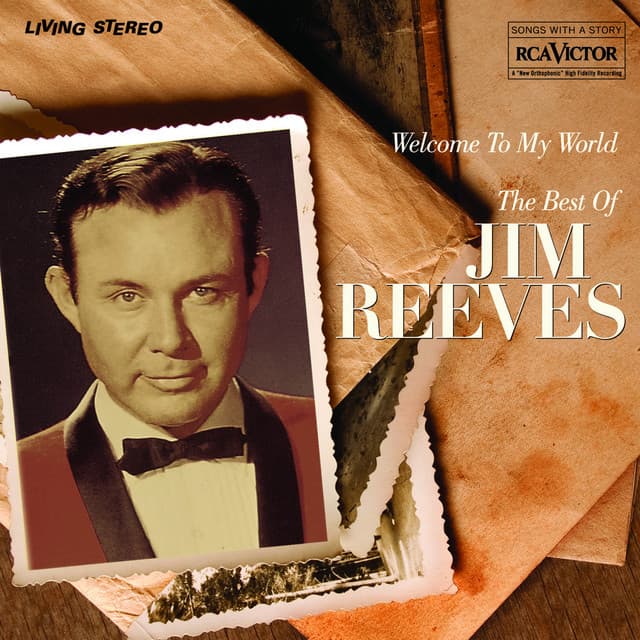
A whimsical, cautionary tale of a country boy who survived everything but a pretty girl’s charm.
There are some songs, aren’t there? They just pull you back in time, not to a specific moment, but to a whole era—a feeling. For many of us, that feeling is the late 1950s, a period when country music was beginning to shed its rough-and-tumble honky-tonk skin and put on a smoother, more sophisticated velvet coat. At the forefront of this elegant transformation, this quiet revolution, was a man whose voice was as deep and comforting as a well-worn armchair: Jim Reeves, often lovingly known as “Gentleman Jim.” And in the autumn of 1958, he delivered a tune that, while perhaps not as iconic as his ballads, remains a charming and unforgettable part of his legacy. That song was “Billy Bayou”.
Released in late 1958, “Billy Bayou” quickly became a sensation. It didn’t just climb the charts; it settled right at the very top, becoming a No. 1 hit on the Billboard country chart. The single spent a total of 25 weeks on the chart, with five of those weeks at the pinnacle. On the pop charts, it even managed to make a small but significant appearance, peaking at No. 95, proving once again Jim Reeves’ remarkable ability to cross over and appeal to a broader audience. This wasn’t just another hit; it was a testament to the power of a simple, well-told story delivered with a voice as clear as a mountain stream.
The genius behind this delightful ditty was none other than the late, great Roger Miller. Before he became a household name with his own quirky, whimsical hits, Miller was a songwriter for RCA, and his talent for crafting memorable, narrative-driven tunes was already evident. “Billy Bayou” is a perfect example of his early work—a playful, almost childlike folk story set to music. It tells the life story of a red-headed Louisiana boy who, the lyrics tell us, was a bit of a survivor. We hear of his exploits, from facing down the fierce warriors at the Battle of the Little Bighorn to brazenly insulting the great Apache chief Geronimo. He’s a man who stares down danger without a flinch, a symbol of rustic, unbreakable American spirit.
But the true heart of the song, the message that rings out with a gentle, knowing chuckle, is in its recurring chorus: “Billy, Billy Bayou, watch where you go / You’re walking on quicksand, walk slow / Billy, Billy Bayou, watch what you say / A pretty girl will get you one of these days.” It’s a sweet, affectionate warning, an almost paternal whisper of wisdom that runs through the whole song. The ultimate irony, and the final punchline, is that all of Billy’s brave, death-defying feats—surviving battles and outsmarting chiefs—pale in comparison to the simple, overwhelming power of love. The man who couldn’t be broken by war or anger is finally, and irrevocably, “got” by a pretty girl. It’s a sentiment that speaks to a universal truth, wrapped in a nostalgic, sepia-toned blanket of classic country music. It’s a song that makes you smile as you remember those first blushes of young love, and how all the bravado in the world melts away in its presence.
Listening to “Billy Bayou” today, one can’t help but feel a warm rush of nostalgia. It’s a product of an era when songs were meant to be enjoyed for their melody and their story, without pretense or bombast. It showcases Jim Reeves‘ artistry in its purest form—not just the smooth-as-silk baritone that would soon define the Nashville Sound, but also his easygoing charm and natural storytelling ability. It’s a far cry from the dramatic, sweeping ballads like “He’ll Have to Go” that would come later, and it offers a precious glimpse into the man who could deliver a lighthearted tune with the same sincerity and grace he brought to his deepest emotional works. It’s a song that feels like a front porch memory, a shared story between old friends, and an enduring piece of the golden age of country music that will never fade.